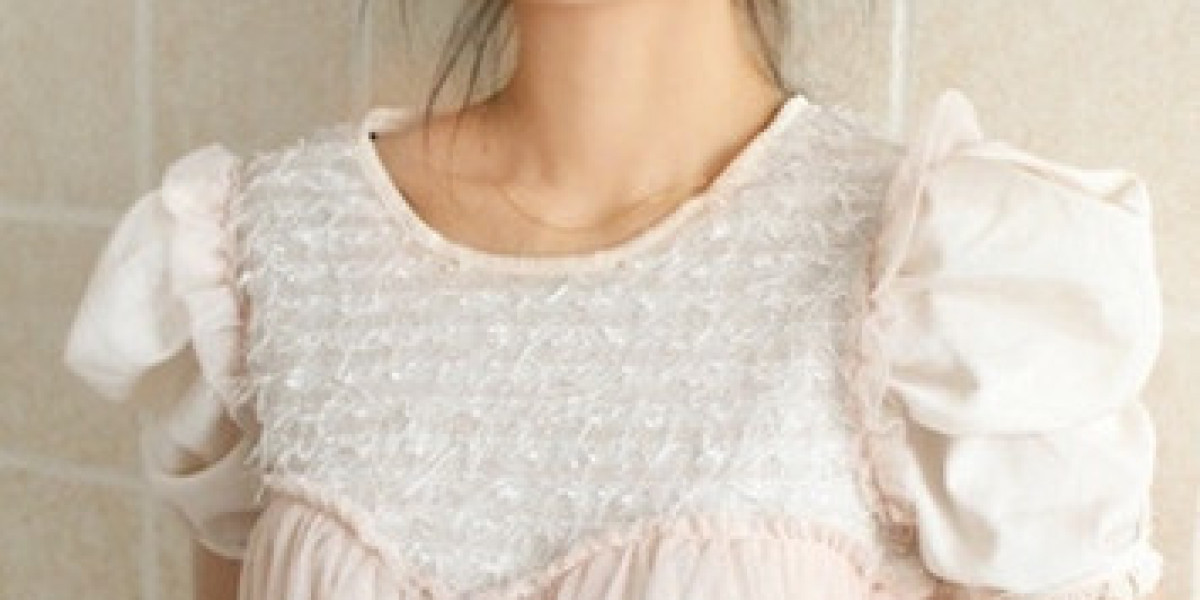Ditching chemicals in your menstrual routine is a great step towards reducing exposure to harmful substances and supporting your overall health. Many conventional menstrual products are made with synthetic materials, fragrances, and chemicals that can have long-term health impacts, not to mention environmental consequences. Luckily, there are many alternatives available that are natural, non-toxic, and eco-friendly. Here are some ways to make your menstruation more non-toxic
What Are Toxic-Free Period Products?
Toxic-free period products refer to menstrual items that are made from natural, organic, and non-toxic materials. These products are designed to minimize exposure to harmful chemicals, synthetic fibers, and other irritants often found in conventional menstrual products.
Women’s health organizations highlight that many mainstream products contain substances such as dioxins, bleach, and synthetic fragrances, which can lead to a range of health issues, including skin irritation and hormonal imbalances.
Why Choose this Options?
Choosing toxic-free menstrual products is not just about personal comfort; it’s about empowerment and health. Here are several compelling reasons to consider switching to these safer alternatives.
Non-toxic products are often made from organic cotton or bamboo, reducing the risk of irritation and allergic reactions.
Many products, which are not toxic are biodegradable or made from sustainable materials, contributing to less waste and a smaller environmental footprint.
Switch to Organic Cotton Pads and Tampons
Many conventional pads and tampons are made from non-organic cotton that has been treated with pesticides, bleach, and other chemicals.
Organic cotton products are free from these harmful substances and are a better choice for your body and the environment. Look for Certifications like GOTS (Global Organic Textile Standard) to ensure you're getting truly organic cotton.
Benefits of Going Toxic-Free
Many chemical-laden products contain endocrine disruptors like dioxins and phthalates, which can affect hormone balance.
Natural products are gentler on sensitive skin, reducing the risk of allergic reactions or rashes.
Reducing the use of disposable, plastic-based products helps reduce waste and environmental pollution.
A shift to natural, non-toxic products supports overall well-being by reducing potential chemical build-up in the body.
Potential Allergens and Exposure Risks
Phthalates can also cause skin irritation and allergic reactions in some individuals, making the choice of period products even more critical for those with sensitive skin. Long-term
Chronic exposure to phthalates has been associated with an increased risk of certain cancers, including breast and prostate cancer. This is particularly concerning for individuals who use menstrual products regularly over many years.
What are the Tips for a Toxic-Free Menstrual Routine?
Stay informed about the products you use and their ingredients. Awareness is your first step toward making healthier choices, Look for transparency in ingredient lists. Avoid products that contain synthetic fragrances, dyes, or unknown chemicals. Experiment and
Every body is different. Experiment with various products to find the ones that best suit your needs and preferences, Depending on your activity levels and comfort, some products may be more suitable than others.
How Natural sanitary pads plays a role in Toxic-Free Menstruation?
Traditional sanitary pads are often made with synthetic materials like polyethylene, polypropylene, and rayon. These pads may also be bleached with chlorine, which can release harmful dioxins, a group of highly toxic compounds. Many commercial pads also contain fragrances, which can cause irritation or allergic reactions.
In contrast, natural sanitary pads are made from organic cotton or other natural fibers that are free from these chemicals, dyes, and fragrances. Organic cotton, for example, is grown without the use of pesticides or herbicides, making it a safer option for both your body and the environment.
Sustainable Practices for Menstrual Health
For disposable products, ensure they are disposed of properly. Consider composting options if available, or look for brands that offer biodegradable products.
If you choose reusable products, like menstrual cups or cloth pads, ensure they are cleaned and maintained properly to prolong their life and ensure hygiene.
Stay informed about menstrual health and share knowledge with friends and family. The more people know about these options, the more demand there will be for safe products.
DIY Natural Menstrual Care Products, Avoid Plastic and Other Synthetic Materials
If you're feeling particularly crafty, you can make your own chemical-free menstrual products at home. For example, making a reusable pad or using organic cotton cloth for your own menstrual hygiene can help you have full control over the materials that come in contact with your body.
A lot of traditional menstrual products, like pads and tampons, use synthetic materials like plastic and rayon, which are not only harmful to your body but also have a long environmental impact.
Going for alternatives that use biodegradable and natural materials like cotton, bamboo, or organic hemp will make a significant difference both for your health and the planet.
Making the Switch
Transitioning to these period products doesn’t have to be overwhelming. Start by replacing one product at a time, or try a variety pack to find what works best for you. Research brands, read reviews, and consider your personal preferences for comfort and absorbency.
Conclusion
Embracing toxic-free period products is not just a trend; it’s a movement towards healthier choices for our bodies and the planet. As more women become aware of the potential risks associated with conventional menstrual products, the demand for safe, sustainable alternatives continues to grow.







